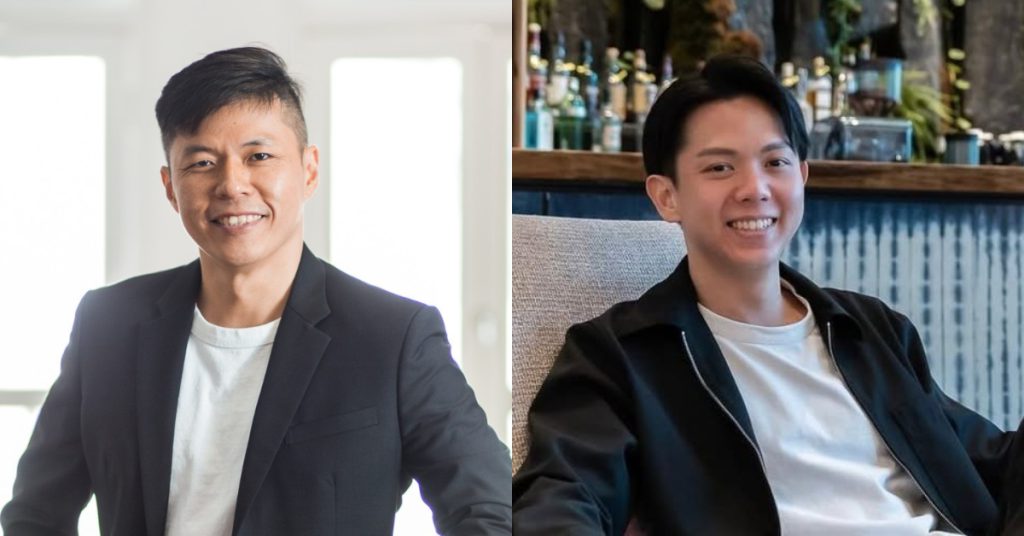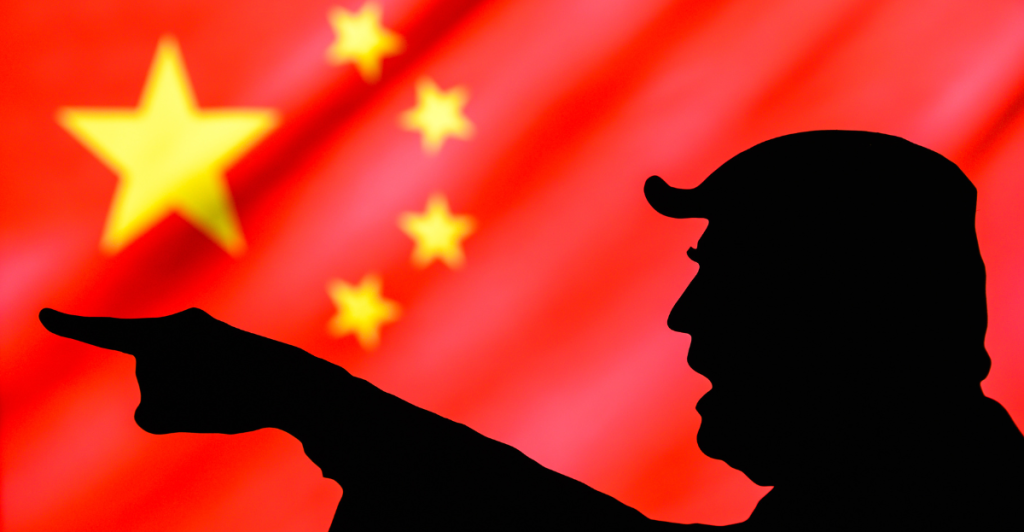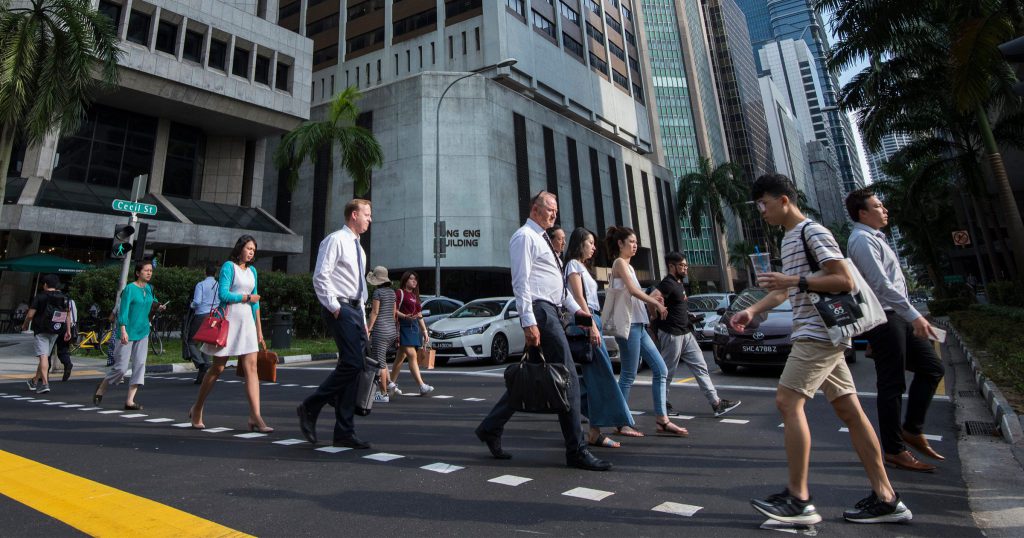The world was shaken up when the President of the United States, Donald J. Trump, announced that he would impose a 10% baseline tariff on all goods coming to America from anywhere in the world, including Singapore.
He has also announced hefty “reciprocal” tariffs on at least 60 trading partners, which he singled out as “nations that treat [the US] badly” for levying “excessively high duties” on American products.
Among them was China, which was hit with a 34% tariff on top of an existing 20% levy that Trump had imposed on the country for not doing enough to combat fentanyl trafficking.
However, President Trump has recently dropped another bombshell through a social media post on Truth Social, announcing a 90-day pause on the reciprocal tariffs on all countries just 13 hours after the duties had gone into effect on April 9, 2025.
That pause, however, did not extend to China, which was hit with a 125% levy in response to its own retaliatory tariff of 84% on all US goods—bringing the total tariffs on its exports to the US to a staggering 145%.
With tensions continuing to rise between the world’s largest trading nations, how are Singaporean businesses reliant on these markets affected by the heavy duties and the growing global uncertainty?
The US is one of their key markets

For local maternity and baby product retailer KeaBabies, the US is one of its key consumer markets, comprising more than 80% of its total sales.
As its products were not “as well received” locally due to differences in consumer preferences and shopping behaviour, the brand decided to stop building its presence in Singapore, shifting its focus to larger markets like the US.
Singaporean recovery product company Hydragun also shares a similar dependence on the American market, as it generates over half of its total revenue.
Though the company was founded in the city-state, Aloysius Chay, the co-founder and CEO of Hydragun, explained that it was more of a “launchpad” for them. “The recovery niche is growing quickly, but [it is] still small in Asia compared to Western markets.”
“Almost impossible” to keep prices the same
On top of their heavy reliance on the US market, both companies also manufacture and ship their products from China—making the tariffs a major cause for concern.
Ivan Ong, the co-founder of KeaBabies, shared that when China initially had a 20% tariff from the United States, he thought that the company would be able to absorb the new costs, even though its profit margins would be cut.
However, as the rates continued to increase, he realised that doing so would be unsustainable, and he might have to raise prices.
This would likely lead to customers purchasing less from them or seeking cheaper alternatives, and the company might have to “optimise” its internal costing and operation processes, including reducing excessive headcount.
Aloysius shared similar concerns, and was considering several options to mitigate the impact of the tariffs, though they came with their own pros and cons:
| Option 1: Move their production and assembly processes to another country. | Downsides: Most recovery tech products are almost always manufactured in China due to their advanced manufacturing infrastructure and highly skilled labour force. Only a few other countries can match China’s manufacturing capabilities, which leaves Hydragun little room to change its suppliers. |
| Option 2: Re-route their goods to Singapore before shipping them to the US. | Downsides: The company has to navigate complex regulations as its products need to undergo a significant transformation in Singapore for it to be qualified as the country of origin for the goods. |
With the 145% tariff on Chinese goods, he shared that it is “close to impossible” to continue shipping products to the States in the long term at current prices.
As a result, Hydragun will be looking to enter the UK market to reduce its reliance on its consumer base in the States.
No concrete plans set, at least for now
That said, while both companies are exploring various options, neither has committed to concrete plans, given the volatility of the situation.
Overall, though, Keababies is projecting “slower growth” and will be adopting a “more conservative” mode.
On the other hand, Aloysius emphasised that the company will “try its best” to maintain current prices, which is in line with its core mission to make recovery devices accessible.
However, if we have to choose between raising prices or compromising on the quality of our products to cut costs, we will choose the former.
Aloysius Chay, co-founder and CEO of Hydragun
- Read more stories on Singapore’s current affairs here.
- Read more stories we have written on Singaporean businesses here.
Featured Image Credit: kovop / Shutterstock.com










